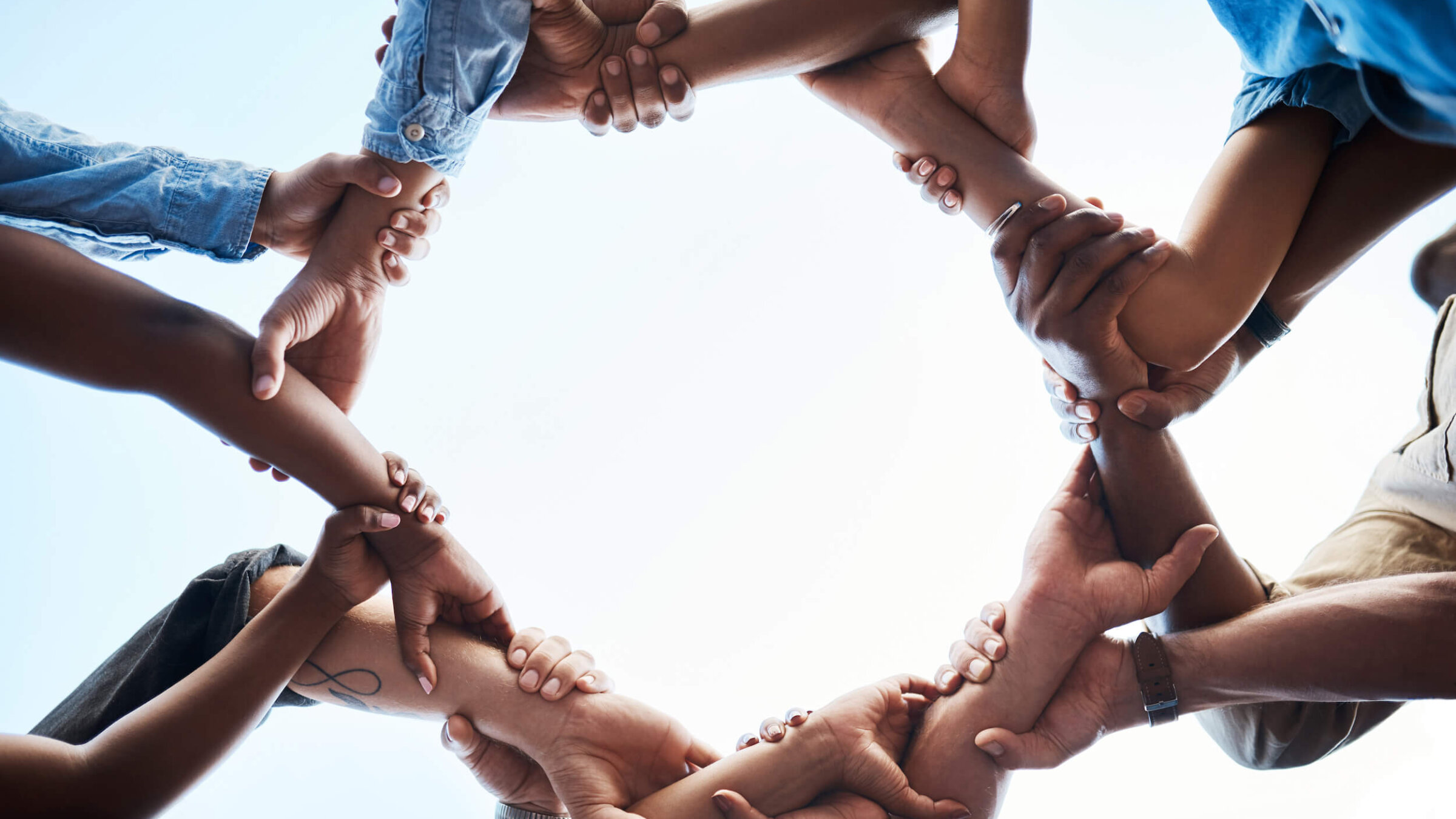Blacks and Jews are at odds over the war. Focusing on Israel will hurt both communities
As domestic threats in the United States could not be greater, it’s time to refocus on our shared goals

Our democracy is in peril — and it’s imperative that Jews and Blacks not let differences over Israel obscure what’s most urgent. Photo by iStock by Getty Images
One of the unintended consequences of the Oct. 7 Hamas attack and Israel’s subsequent war in Gaza has been the rapid deterioration of the relationship between Blacks and Jews in the United States.
In the immediate aftermath of Oct. 7, I kept hearing from my white Jewish friends that they felt as if they were standing alone. They told me that they felt their allies, including those in the Black community, have abandoned them in their time of need.
During a recent question-and-answer session about Rabbi on the Block, a documentary film made about me, I was told by members of the audience that, “With all that’s happening in Israel right now, Jews don’t have time to worry about their relationship with Black people!”
When I tried to organize a gathering of Jews and African Americans in my neighborhood in Chicago last December to come together to discuss our mutual fears, not one of my white Jewish friends showed up.
There seems to be some cognitive dissonance here. I’ve seen my fellow Jews say they want friends. And I also see them get so wound up in their own legitimate suffering that they are ignoring the friends that they do have.
My Black community, too, feels more distant from my Jewish one than ever before. The general consensus about the war within my Black community seems to be that Israel’s heavy hand in Gaza and its continuing occupation of the West Bank mean Israelis should be counted as oppressors.
Blacks aren’t talking about Israel at the kitchen table anymore. They’re sneering at it. And this disdain, often based on misinformation and a lack of a personal connection to Jewish people, does not bode well for our shared future.
The timing could not be worse. There is an election coming up later this year, and while we continue to mourn Oct. 7, we cannot lose sight of what’s coming for us on Nov. 5.
Right now, being Black and Jewish has put me in a unique position. While so many other Jews are understandably more focused on what is happening in Israel, my attention remains on protecting America’s teetering democracy.
The perils the United States faces are being ignored, with outrage increasingly being focused not on the people who want to take our rights away but rather on Israel. The omnipresence of the war in every conversation means that in places where Black people are hungry for information that will help them understand which candidates will protect their Social Security, SNAP benefits, and health and childcare benefits, they’re not getting it.
Instead, they’re learning the geography of the Gaza Strip. They’re hearing about the Palestinians, whom they believe are victims of white colonialism, just like they are.
This situation is untenable for those of us who, while concerned by the war, recognize how essential the continuation of historic liberal alliances like that between American Jews and Blacks are to our domestic wellbeing.
I still have to stand up for the rights of women. I still have to care about who will help to alleviate student debt. I still have to care about immigration and the havoc that it is wreaking on American cities around the country. I still have to care about gun violence, and how we keep our children from being murdered in their classrooms or on the streets.
I have to do all of these things because I am a Jew, and I’m Black in America. While I care deeply for Israel, I care for my neighbors, too.
But I can’t fight this fight alone. And for us to keep the U.S. a country with enshrined rights and liberties, my fellow American Jews need to pay attention to what their peers, and especially Black people, are saying about Israel, Palestine and life in America in 2024.
More than 13% of Democrats who voted in this week’s Democratic primary in Michigan voiced their disapproval of President Biden’s policy on the war by withholding their votes from him, voting “uncommitted” instead. The Democratic Party cannot afford to lose these votes in the general election later this year — the stakes are just too high. The rising threat of autocracy is real, and a second Trump presidency threatens the end of American democracy.
Maybe the more than 100,000 Democrats who voted “uncommitted” won’t follow through on their threats to sit out the general election. But we can’t afford to take any chances. Neither my Jewish nor my Black community can afford another Trump presidency. But I’m afraid that that’s exactly what we’ll get if we don’t open our eyes right now and get to work on fixing our relationship.
After all, if we fail now, we might not have anything left to fix.
A message from our Publisher & CEO Rachel Fishman Feddersen

I hope you appreciated this article. Before you go, I’d like to ask you to please support the Forward’s award-winning, nonprofit journalism so that we can be prepared for whatever news 2025 brings.
At a time when other newsrooms are closing or cutting back, the Forward has removed its paywall and invested additional resources to report on the ground from Israel and around the U.S. on the impact of the war, rising antisemitism and polarized discourse.
Readers like you make it all possible. Support our work by becoming a Forward Member and connect with our journalism and your community.
— Rachel Fishman Feddersen, Publisher and CEO




























